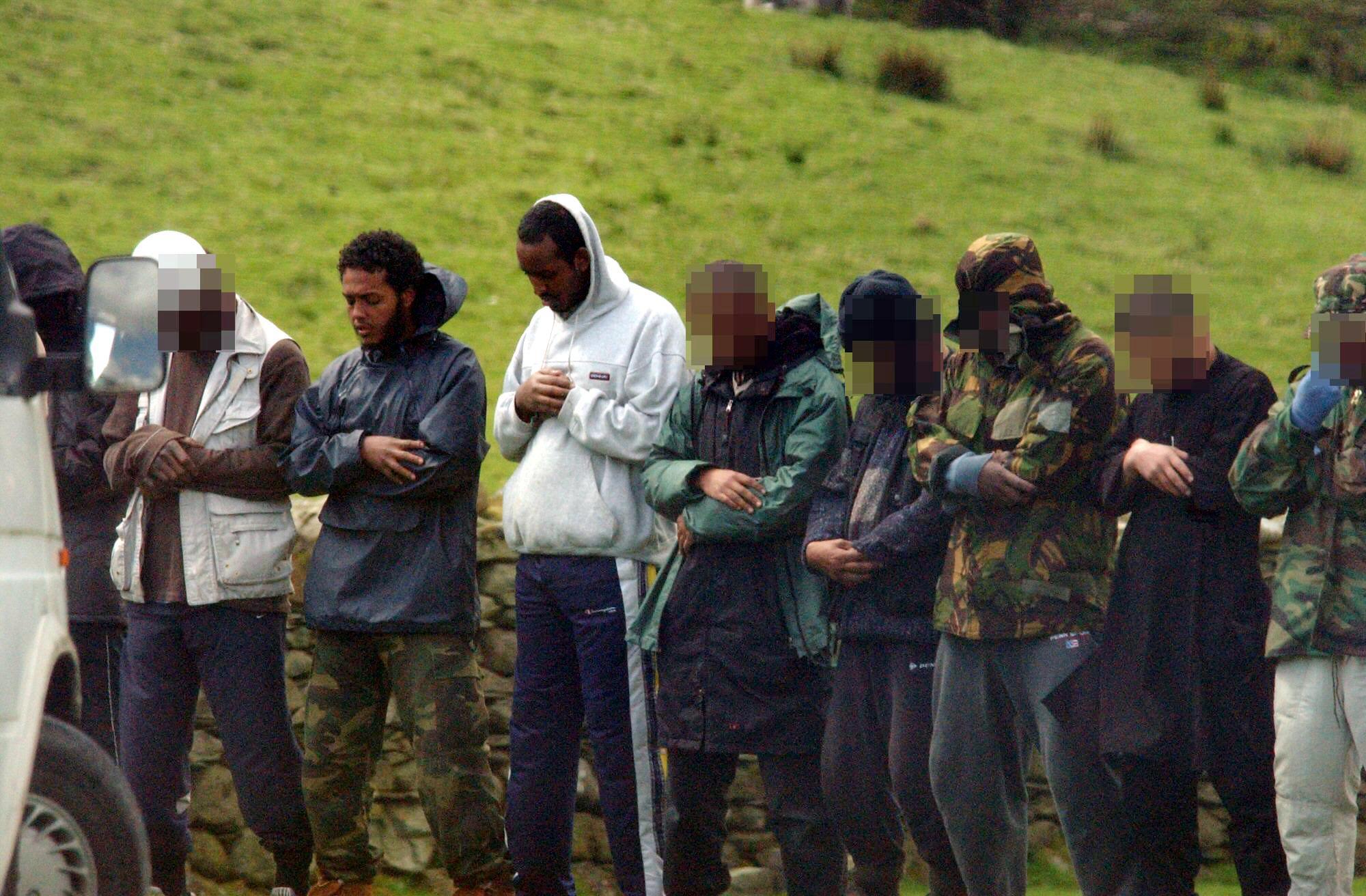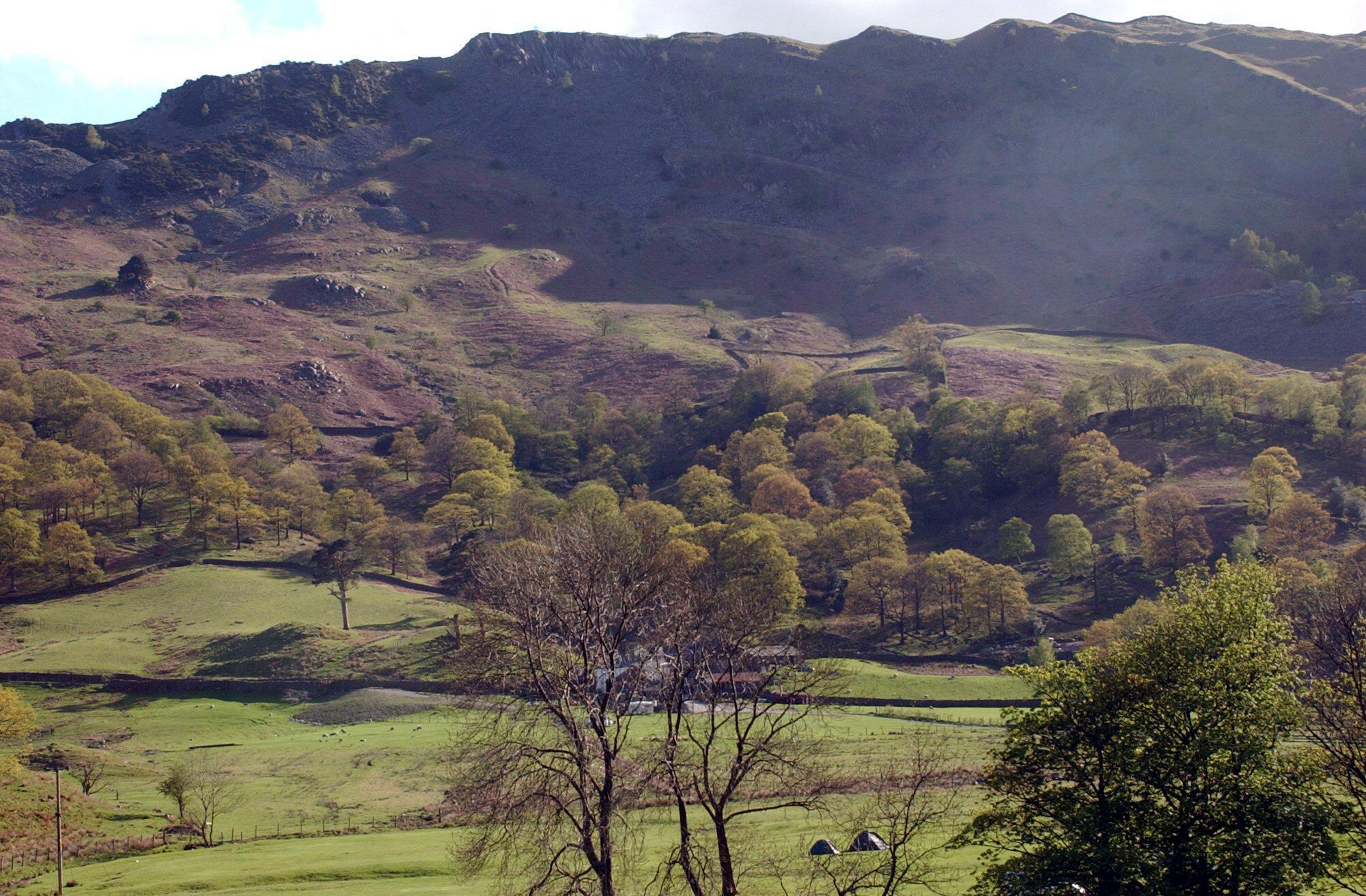 Four of the men photographed by Special Branch police taking part in exercises in the Lake District have been found guilty of conspiracy to murder.
Four of the men photographed by Special Branch police taking part in exercises in the Lake District have been found guilty of conspiracy to murder.
Police surveillance pictures of the group on the campsite in Great Langdale
A jury at Woolwich Crown Court today delivered its verdict on Muktar Said Ibrahim, Hussain Osman, Ramzi Mohammed and Yassin Hassan Omar. It has yet to decide on the guilt of two further defendants, Adel Yahya and Manfo Asiedu. In January this year, grough reported how covert surveillance photographs had shown five of the men taking part in activities in Great Langdale.
The four later attempted to explode home-made bombs made from hydrogen peroxide and chapatti flour on London’s transport system on 21 July, 2005. The devices, in rucksacks, failed to go off properly.
Experts revealed for the first time during the trial that the improvised bombs which failed to explode during the 21 July attacks were similar to those used in the devastating attacks which killed 52 people and the suicide bombers two weeks earlier.
 Mohammed and Ibrahim are believed to have attended training camps in Pakistan before the attacks. Police photographed five of the group at Baysbrown Farm campsite in May 2004. The jury was told during the six-month trial that members of the group had also taken part in camping expeditions in Scotland.
Mohammed and Ibrahim are believed to have attended training camps in Pakistan before the attacks. Police photographed five of the group at Baysbrown Farm campsite in May 2004. The jury was told during the six-month trial that members of the group had also taken part in camping expeditions in Scotland.
Mr Sweeney said: “The failure of those bombs to explode owed nothing to the intention of these defendants, rather it was simply the good fortune of the travelling public that day that they were spared.”
The bombers claimed during the trial that the devices, which were packed with shrapnel as well as explosives were merely dummy bombs meant as a protest at the involvement of Britain in the war in Iraq.
The Judge, Mr Justice Fulford QC, told the jury he would accept a 10-2 majority verdict on the remaining two men.
See also
Court shown Lakeland photos of bomb suspects
London bomb suspects 'took part in Langdale camp'
Arrested men 'linked to Lake District terror camps'
Terror suspects 'trained in Lakes'